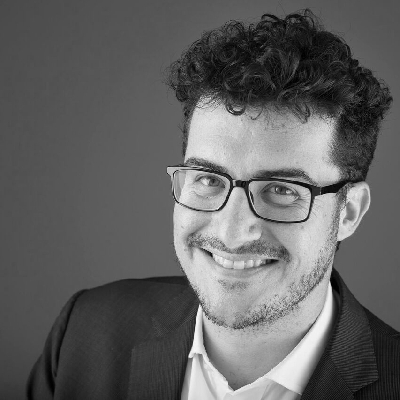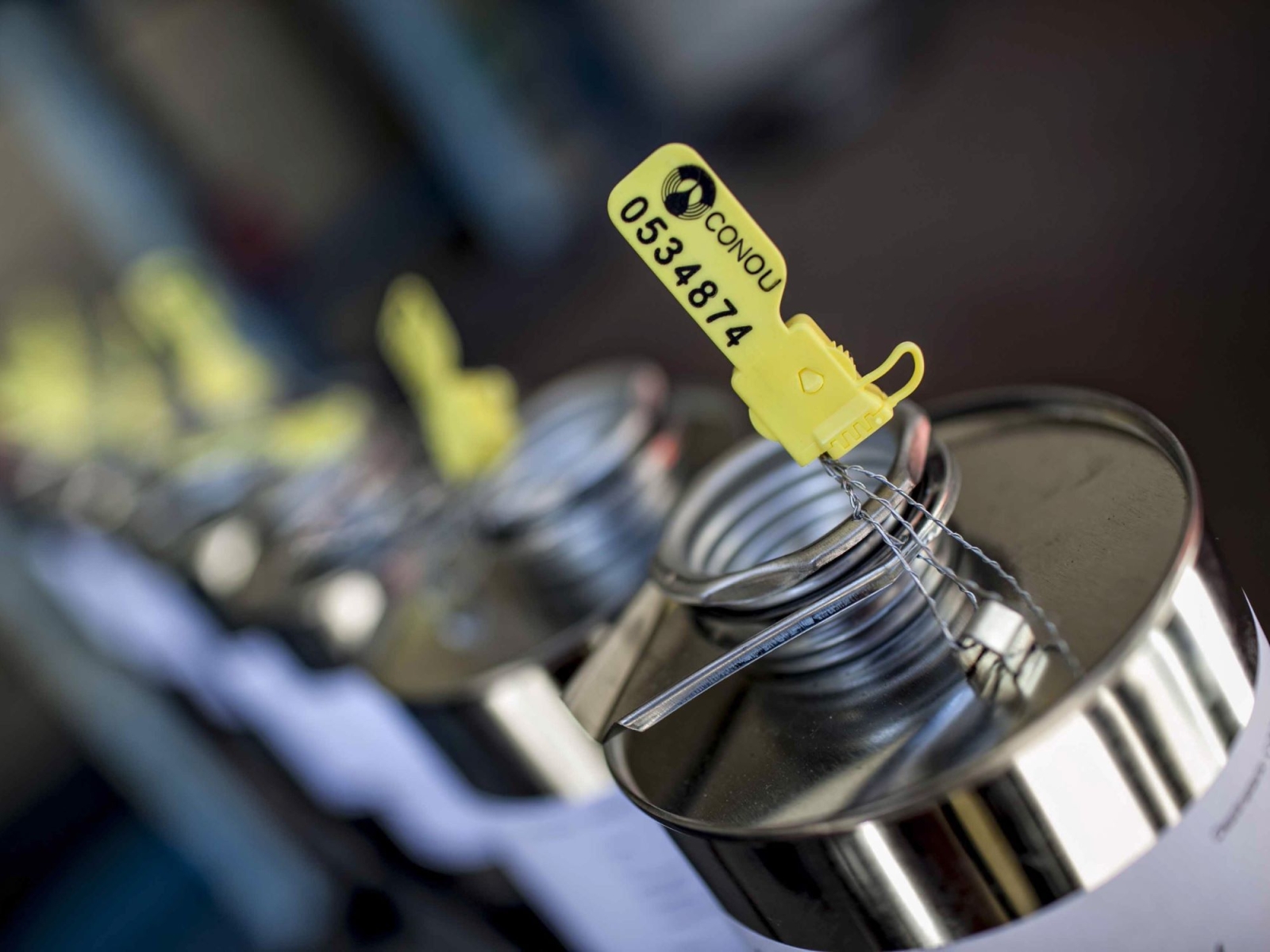“From an operational perspective, 2023 was even better than the previous year. We will publish the data soon, but so far, we are happy with the trends. High-quality collection is constantly improving!” Riccardo Piunti, president of CONOU, the Italian consortium of waste oils, is an established figure in the circular economy, leading one of the most long-standing and successful consortiums in Europe.
Renewable Matter met with him in his office in Rome, from which he oversees a spent mineral oil collection network that reaches approximately 105,000 workshop and industry sites. This efficient circular system, launched in 1982, has since become a model for many other sectors throughout the whole continent.
CONOU’s data for 2022 were impressive: according to the sustainability report published on the 30th of May of last year, in Italy, over 98% of the 181,000 tonnes of collected spent oil was regenerated, compared to the European average of 61%. A clear marker of a successful business model.
Environmental and economic sustainability
“There are many economic variables in our system,” Piunti explains. “For example, the automotive and industrial markets can influence volumes and the price of fees, which are paid at the point of sale of the virgin product. Even in 2022, we were able to keep this price at 70 euros per tonne of product, also thanks to an increase in demand from the road transport sector.”
Environmental fees, which consortiums have always been based on, are one of the key economic mechanisms for building a functioning circular supply chain. However, they are still not widely used at a global level. “Thanks to these fees, many of the companies in the consortium do not seek out extra financing (although banks are always needed) or NextGenerationEU subsidies via the NRRP. What is needed for the sector in which the consortium operates are simplified authorisation processes, more certainty, projects, expanded scope, and a less complex system overall.”
The model works very well. In 2022, spent oil recycling generated approximately 130 million euros in savings on crude oil imports. Over its 40 years of activity, CONOU has collected 6.7 million tonnes of used lubricant oil, 6 million of which were regenerated, leading to the production of 3.5 million tonnes of base oil. This led to overall savings in terms of crude oil imports in Italy of approximately 3 billion euros, and a consolidation of the Italian lubricant oil economy valued in the hundreds of millions. “This proves that sustainability is not a loss in economic terms,” Piunti notes with a smile.
Digitisation, inclusion, innovation
The consortium constantly invests resources in technological innovation, communication, and sustainability. “One of CONOU’s digital investments is an app that connects waste collectors, transporters, regenerators, and producers. It is in its testing phase and has already been presented to dealerships. In this way, we can make the waste oil collection system even more efficient,” Piunti explains.
There are also small investments that make a great difference, such as the certification of gender-related policies within the consortium, which aims to be an example for the entire sector, which used to be exclusively male. Now, however, gender representation is increasingly more balanced and inclusive of women. “We are committed to pursuing gender equality, starting right with my small team, where there are now two women in leadership roles in the Consortium. Equality must not be only a matter of numbers (52% of CONOU employees are women) but also of roles,” says Piunti. “This is why certification becomes an important process, from a human resources perspective, even prior to mere non-financial certification of sustainability reporting.”
Finally, the consortium continues its journey with a memorandum of understanding to boost a more widespread use, in collection and distribution vehicles, of HVO, a low-impact biofuel that can reduce CO₂ emissions by up to 90%. “Our collection network is made up of companies that have always been sensitive to and involved in environmental matters, with a decades-long dedication to an environmental mission. Therefore, they will show great availability to take part in this campaign,” Riccardo Piunti concludes.
This article is also available in Italian / Questo articolo è disponibile anche in italiano
Image: CONOU
This content is produced thanks to the support of sponsors



